VAT vs Sales Tax: What’s the Difference?
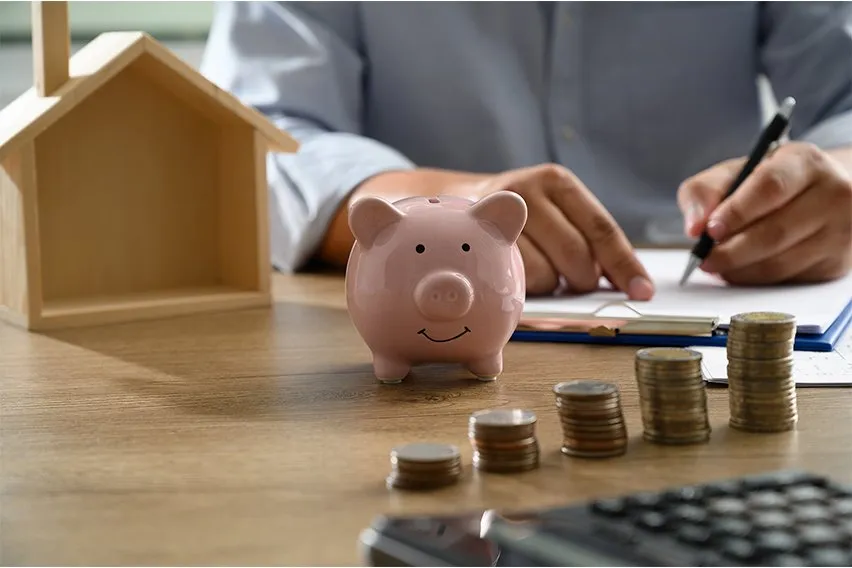
Sales tax and Value Added Tax (VAT) are two types of indirect consumption tax. To compare, let’s outline the definitions, similarities, and differences between sales tax and VAT.
Sales taxes are taxes imposed by state governments on retail purchases of goods or services that are not exempt from taxation. A value-added tax (VAT) is a type of consumption tax assessed on goods at each stage in the production process as they move through it to their final sale to consumers. In practice, another key difference between VAT vs sales tax is that not all areas have both types of indirect tax—the US has sales tax, while the UK has value-added tax. Let’s take a closer look at how these two types of indirect taxes work so you can understand them better!
Key Takeaways
- Sales tax and value-added tax are both types of indirect taxes.
- Currently, the US uses sales tax, and the UK uses VAT.
- Sales tax is assessed on a final product, while VAT is assessed at each stage of production.
- US sales tax varies by state and product, while UK VAT is levied at a single rate on most goods and services.
- Businesses are responsible for collecting and remitting sales tax and VAT.
- Accurately filing sales tax returns and VAT returns can help reduce the likelihood of a tax audit.
Here’s What We’ll Cover:
Benefits of Registering for VAT
Are VAT and Sales Tax the Same?
Who Collects and Remits Sales Tax and VAT
Audit Risks for Sales Tax and VAT
What is VAT?
VAT, or Value Added Tax, is a tax in the UK on most goods and some services. VAT is assessed on goods at every stage of the production process, even though it may be collected in one lump sum from the producer. A company can recover any VAT it has paid for its own purchases by charging customers a similar amount when they buy goods or services, so ultimately, the tax is not really collected multiple times. For this reason, a VAT is really a tax on consumption. Value-added tax is also called goods and services tax in some places.

Benefits of Registering for VAT
There are two main benefits of registering for VAT:
- The ability to reclaim VAT. When you register and charge VAT on the goods and services you offer, you can also claim it on your inputs. You can claim back this VAT difference if your input costs exceed your output costs.
- Increased legitimacy. Registering for VAT also lends legitimacy to your business transactions, which can lead to increased cash flow and more partners and clients seeking your business.
Example of VAT
Here is an example of VAT:
A food producer makes $500,000 selling its goods. The VAT standard rate is 20% (hypothetical standard rate), so the tax amount collected by the government will be $100,000. If this company uses only one stage of production (for example, organic farming), then it can recover all of this VAT cost by charging purchasers an equal amount. With the VAT, there is no need for an intermediary to collect tax revenue from either party.
FreshBooks’ free VAT calculator makes it easy to calculate and record your VAT information. There’s no need to worry about formulas—simply input your amounts, and the VAT calculator will add or subtract your VAT in seconds.
What is Sales Tax?
Sales tax is a consumption tax on the sales of goods and services that state governments impose. The rate of taxation for each product varies depending on local tax jurisdiction. A consumer can usually recover from paying sales tax when buying certain items (for example, if you’re getting your car repaired, the sales tax you’ve paid on parts can be deducted from your bill). Every state has a different sales tax rate, and the range of rates is large. No matter what, it is the final consumer who pays sales tax. Individual income tax also does not affect sales tax.
Example of Sales Tax
Let’s say the price of a pair of pants is $50, and the hypothetical sales tax for pants in this state is 10%. This makes the sales tax $5 on each pair of pants. The seller is then responsible for collecting and remitting this $5 to the government. Because there are no intermediary steps, the sales tax is calculated and charged to the consumer at the final point of sale.
Are VAT and Sales Tax the Same?
VAT rates and sales tax are different because they are assessed at different points in the production process. Unlike sales tax, VAT is paid on purchases by manufacturers, wholesalers, and retailers, so it’s ultimately not recovered by consumers solely. VAT is also usually a fixed rate across the UK, whereas sales tax may be determined by each state.
VAT is slightly different in that—it can be applied at each production and supply chain stage, while sales taxes are only paid once when the final product is sold to consumers. As such, most governments prefer collecting VAT over sales tax because it is more revenue-efficient. Today, the UK and many other countries opt only to use VAT, while the US remains the largest economy to have no VAT and only uses sales tax.
Would VAT Replace Sales Tax?
The US federal government has assessed a value-added tax on exports and, in certain cases, on the purchase of imported goods. That means that any VAT within the US would be imposed primarily at the state and local government level. If you want to abolish sales tax altogether, perhaps a nationwide VAT tax could replace it. That would drastically raise prices for American shoppers, so this is not likely to happen anytime soon. Currently, the US continues to use sales tax and has not released any major indication of adding or switching to VAT.

Who Collects and Remits Sales Tax and VAT?
Businesses are responsible for collecting both VAT and sales tax from consumers and remitting it to the government. That’s why it’s important for sellers to keep accurate records of taxes on all goods—when tax season comes, businesses must be able to show how much sales tax or VAT was collected and demonstrate that they have remitted it to the appropriate tax authorities.
Audit Risks for Sales Tax and VAT
Businesses must file sales tax returns and VAT returns according to laws imposed by the federal government. If mistakes are made, or if a company owes money in taxes that it hasn’t paid and is suspected of tax evasion, then an audit of tax funds will be performed. This can result in fines from the government, but it may also be expensive for a business to spend time and money dealing with the audit.
Conclusion
Both sales tax and VAT are forms of indirect tax that governments use to collect revenue from consumers. While sales tax is assessed at a single point of sale, VAT is imposed at each stage of production. In the US, sales taxes can vary from region to region, whereas VAT is levied at a single rate for most products in the UK.
Whether you’re using sales tax in the US or VAT in the UK, businesses are responsible for collecting and remitting these indirect taxes. FreshBooks accounting software helps you keep clear records of sales tax and VAT so your business can stay tax-compliant and avoid an audit. Organise your sales tax and VAT information, check regulations, and file your taxes online with FreshBooks’ all-in-one accounting solution.
If you enjoyed this article and want more like it, check out our resource hub.
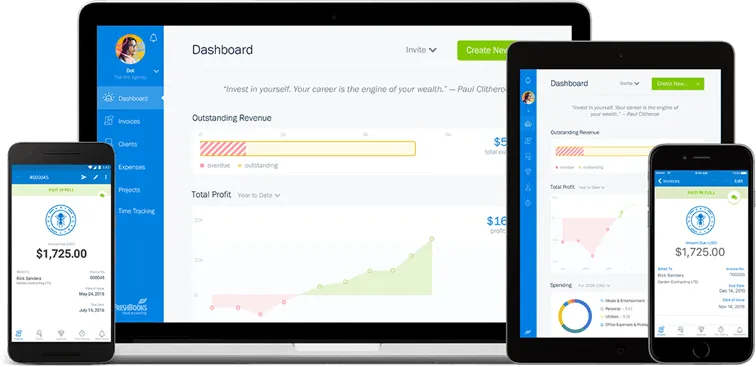
FAQs on VAT vs Sales Tax
What are the thresholds for VAT registration?
As of 2021, the current VAT registration threshold is £85,000. This means that any business that turns over £85,000 or more of taxable income in a given year must register for VAT and then must collect VAT and remit that tax. The next reassessment date for VAT registration is March 31st, 2024.
What are the thresholds for sales tax registration?
Sales tax in the US varies by state and by product, so it’s important to check your local regulations to find the thresholds for sales tax registration. If your business provides goods and services in multiple states, you may have to register for sales tax in different states in order to comply with local law.
Are there any exemptions or reliefs available for VAT?
While there is a single VAT for most goods and services in the UK, there are some things like insurance, education, and the selling and leasing of commercial land that are exempt. If your business provides exclusive goods and services that are exempt, then you’re exempt from registering for VAT, but you also can’t reclaim VAT on business expenses.
Can businesses charge sales tax on exports?
Generally, businesses cannot charge sales tax or VAT for exports outside their country. For example, UK businesses exporting to the US can zero-rate their VAT, though it’s important to be aware of any local regulations for the state you are exporting to as they may have sales taxes that apply to imports.
How does VAT affect pricing and profit margins?
For most goods and services in the UK, VAT is levied at 20%. As a business owner, you have the choice to keep your prices the same and take a 20% profit loss or add 20% to your goods and await the consumer’s response. Whether or not you choose to alter pricing, VAT registration is likely to reduce profit margins.
Reviewed by
Levon Kokhlikyan is a Finance Manager and accountant with 18 years of experience in managerial accounting and consolidations. He has a proven track record of success in cost accounting, analyzing financial data, and implementing effective processes. He holds an ACCA accreditation and a bachelor’s degree in social science from Yerevan State University.
RELATED ARTICLES


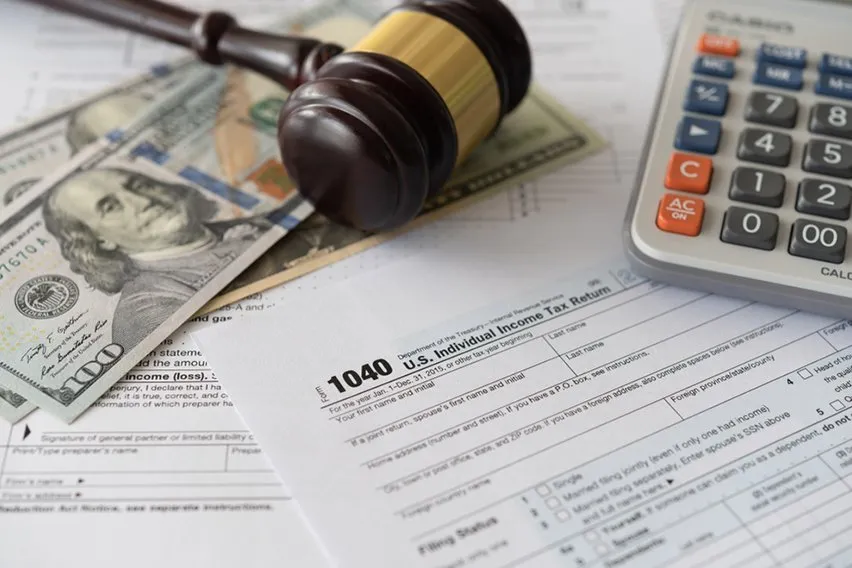 UK Payroll Tax: What It Is & How Does It Work?
UK Payroll Tax: What It Is & How Does It Work?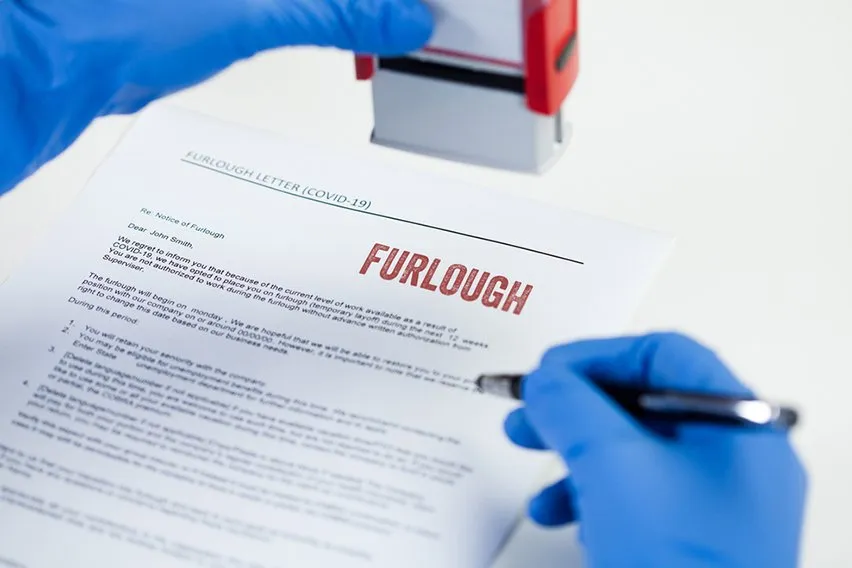 What Is a Furloughed Worker? Coronavirus Furlough Guide
What Is a Furloughed Worker? Coronavirus Furlough Guide What Are CIS Deductions? Meaning & Calculation
What Are CIS Deductions? Meaning & Calculation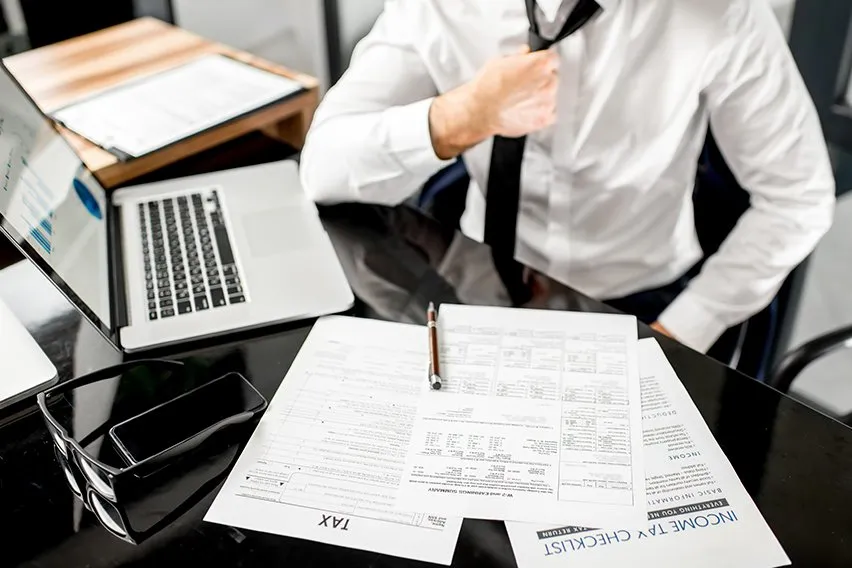 What Is VAT Liability? A Beginner’s Guide
What Is VAT Liability? A Beginner’s Guide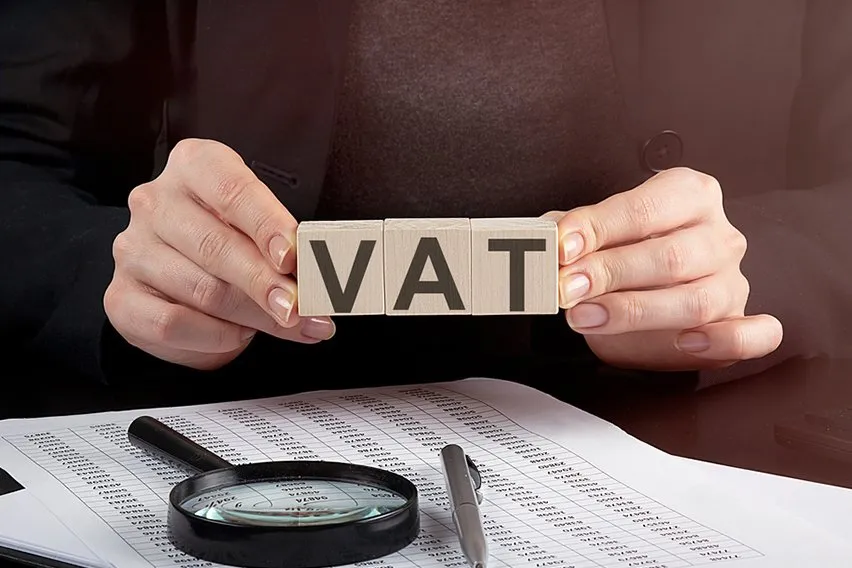 What Is the VAT Flat Rate Scheme for Small Businesses?
What Is the VAT Flat Rate Scheme for Small Businesses?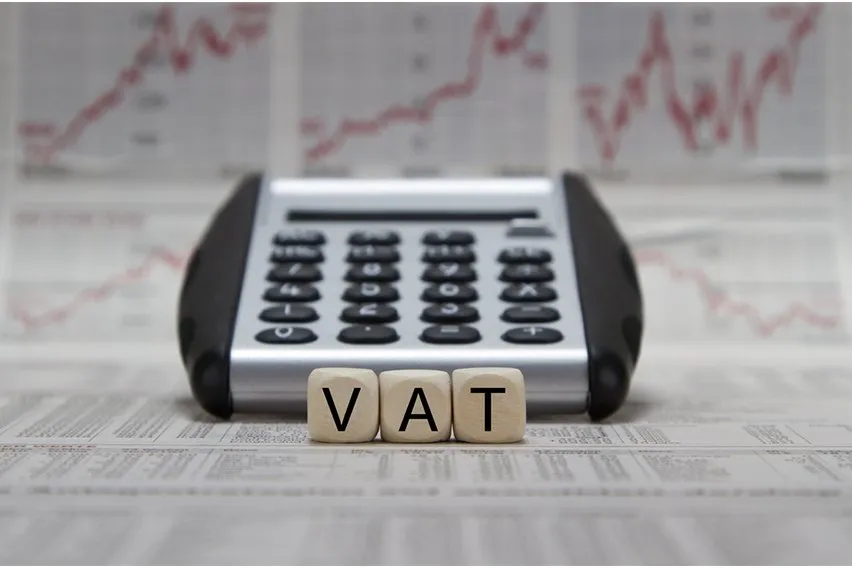 What Is Import VAT and How Does It Work?
What Is Import VAT and How Does It Work?